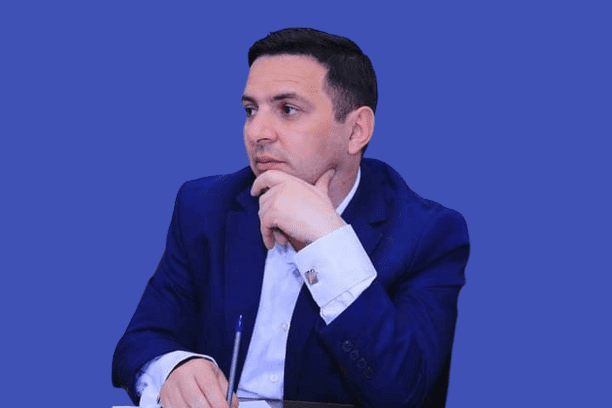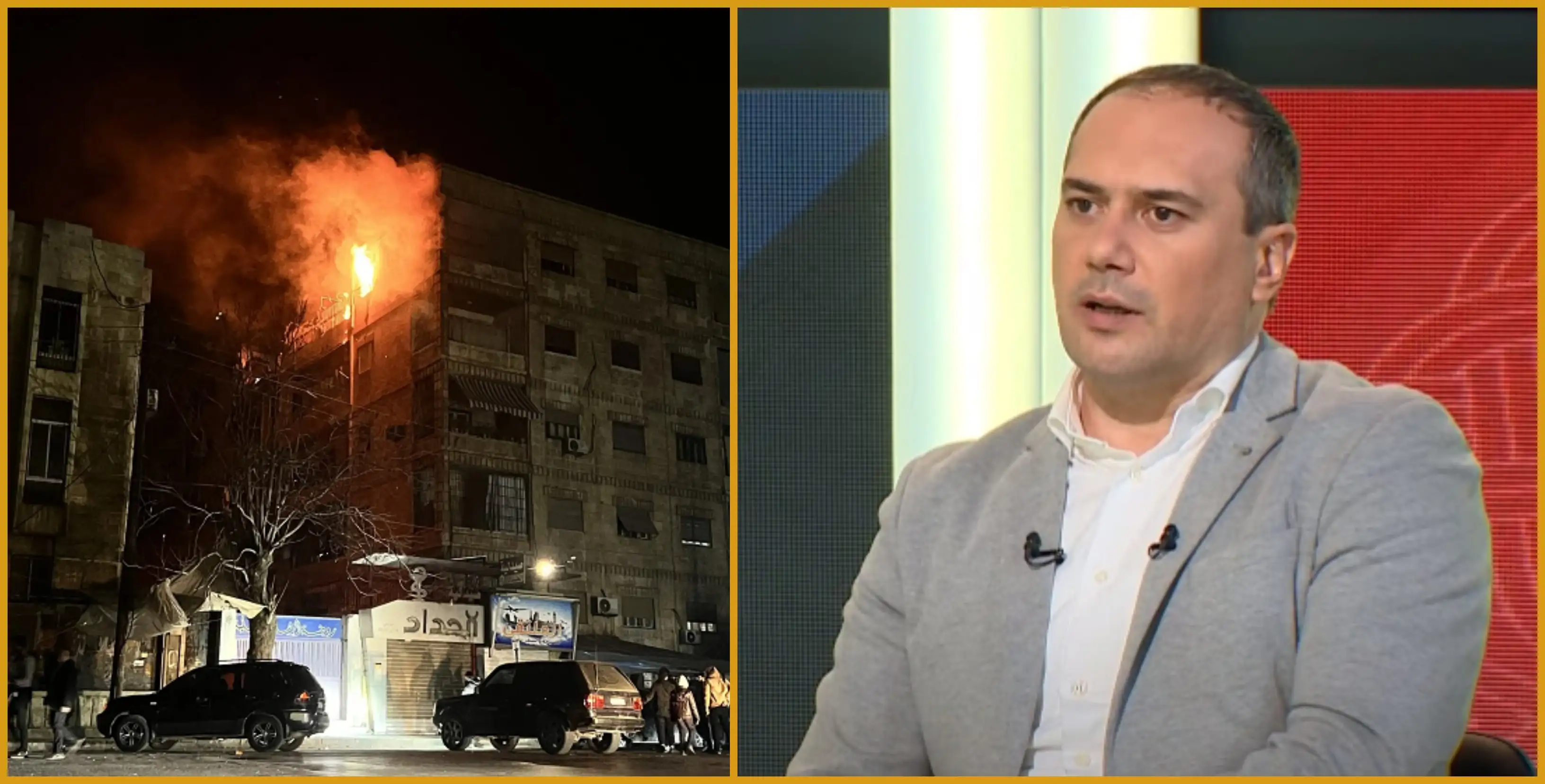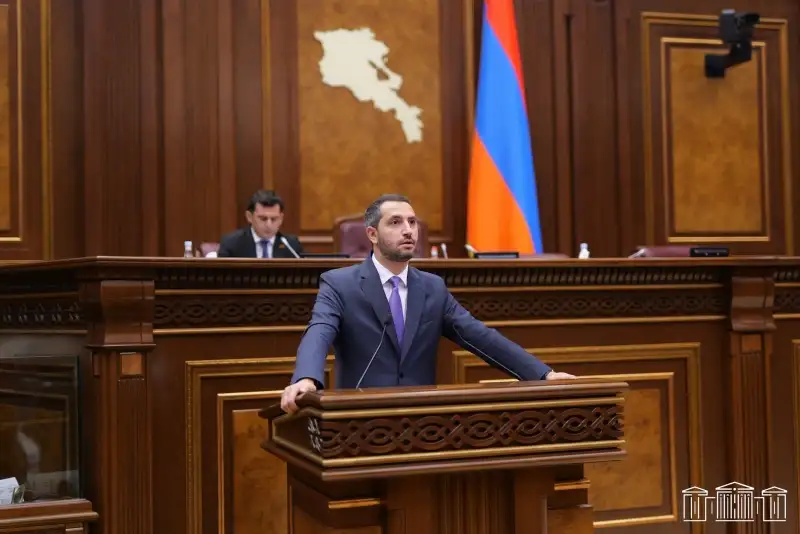Radar Armenia's interlocutor is political scientist Armen Vardanyan.
- In recent days, Aliyev has stated that Azerbaijanis should not meet with Armenian or other border guards in the event of the unblocking of the roads, and the Armenian side has ruled out this option. What do you think Azerbaijan is trying to achieve with such statements?
- Azerbaijan is either trying to torpedo the process altogether so that the corridor under those conditions does not exist at all, or it is making similar statements, knowing full well that this is a red line for Armenia and Armenia will never agree to that proposal, or it is once again trying to exert psychological pressure on Armenia and achieve that it receives a corridor under favorable conditions. This will not happen. Armenia will never follow any corridor logic, and Aliyev's desire will remain at the level of desire, nothing more.
- It seems that Trump himself is not directly a mediator in the negotiations, and outsourcing the management of the road is his idea. What do you think? Can Azerbaijan go against Trump, and what consequences will it lead to?
- We see that Aliyev very often rejects the US, but this does not mean that the US does not have leverage. If there is a great desire, the US has these levers. They probably made some calculations and think that the US cannot put pressure on Azerbaijan. Still, if there is a great desire, the US has these levers and is one of the few countries that can put severe pressure on Azerbaijan. At some stage, this pressure will become more objective. Currently, the US is attempting to achieve a mutually acceptable option for the parties through various proposals. Aliyev has put both feet in one shoe and demands that the Armenian border guards not be involved in this process in any way, but this is unacceptable, and the position of the Armenian side is understandable to the American side. In this case, the pressure will fall on Aliyev. According to international law, if something passes through the territory of a country and that country does not control it, it constitutes a loss of sovereignty over that territory, which is unacceptable for countries that are parties to international law.
- What can be concluded from Aliyev's recent statements is that he is against outsourcing.
- I think that Azerbaijan is not against outsourcing, that Azerbaijanis should deal with an American company, but here too, it sets certain conditions, which brings the process to a dead end. The Armenian side insists that the checkpoint should be based on the principle of reciprocity, located on the Armenian side, rather than on the Armenian side, but at the checkpoint entering Armenia from Nakhchivan, which is on the Azerbaijani side. Aliyev is categorically against this. Here, too, he violates the principle of reciprocity: he wants the checkpoint to be located only on Armenian territory.
Angela Poghosyan


















